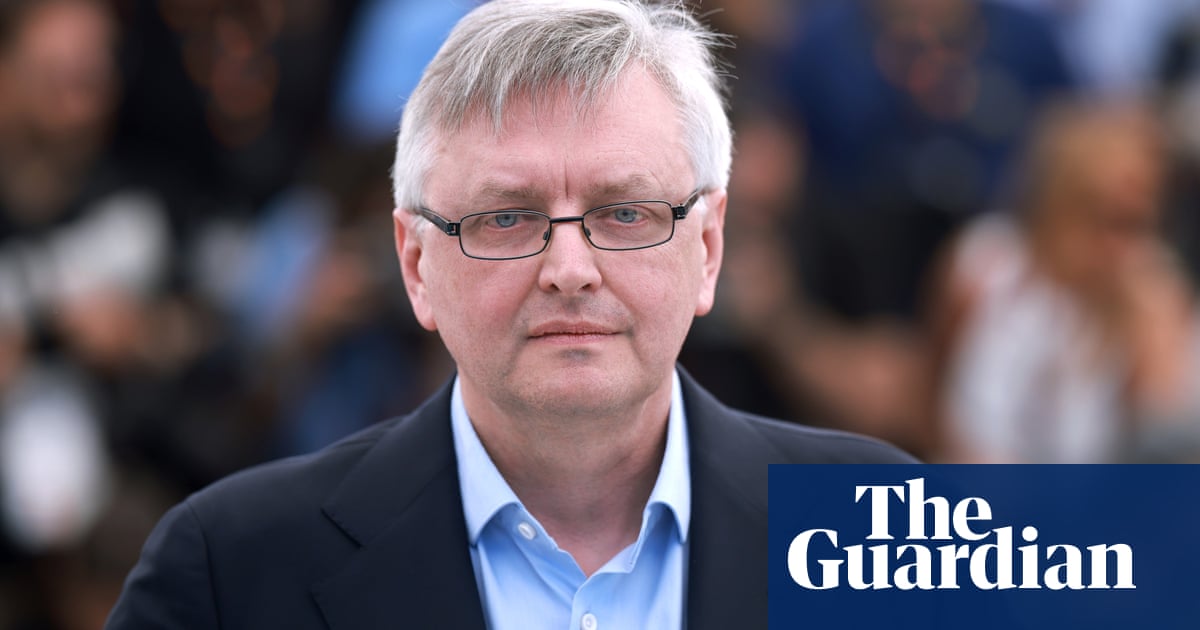One of Ukraine’s leading film-makers has spoken of the “nightmare” of an emergent alliance between authoritarian leaders in Russia and the US, as his new film on contemporary echoes with the Stalinist era opens at the Cannes film festival.
“The events that unfolded in the past 100 days really surprised many people all over the world,” said director Sergei Loznitsa, whose new film Two Prosecutors received its world premiere on Wednesday. “One couldn’t even imagine in a nightmare such a union, such an understanding between two authoritarian leaders.”
Two Prosecutors is based on scientist Georgy Demidov’s novella of the same name, written during his 14-year stay in various Russian gulags and only released to his relatives by the KGB in the 1990s.
Set at the time of Stalin’s Great Terror, the tragicomic film tells the story of young and idealistic prosecutor Alexander Kornyev (played by Russian actor Aleskandr Kuznetsov), who receives an anonymous letter written in blood that speaks of the brutal torture at the hands of the secret police. Undeterred by the prison directors’ resistance, Kornyev seeks to investigate and alert higher authorities to the abuse of power – seemingly oblivious to the risk he is putting himself in by doing so.
Loznitsa told Variety that Russia under Vladimir Putin was “hurtling back toward Stalinism – a country that breaches international law, a country that wages wars with its neighbours”.
The US, he continued, used to be regarded as a champion of the human rights that Kornyev believes in, “a fortress of democracy, that doesn’t only proclaim the rule of law and human rights, but also a country that fights for human rights.” Under Donald Trump, however, he feared that it was only a matter of time before “these two countries will become equal”.
Loznitsa, a Cannes regular whose 2018 film Donbass won the Un Certain Regard award for best director, has been based in Berlin for more than 20 years and is a controversial figure in his native Ukraine.
He resigned from the European Film Academy in 2022 over the body’s “neutral, toothless” response to the Russian invasion, but was ejected from the Ukrainian Film Academy over his criticism of an all-out boycott on Russian artists and culture.
He sounded evasive when asked at a press conference on Thursday about his view on US president Trump pressurising the Ukrainian government to accept Moscow’s demands for a peace deal, such as recognising Russian control of Crimea.
“I don’t think we should think in terms of what leaders are doing, the decisions they are making, because it’s not just the leaders, it’s us too,” Loznitsa said. “And it is imperative that we don’t give up, we have to think about it every time, and we have to ask ourselves what to do in the circumstances in which we find ourselves.”

